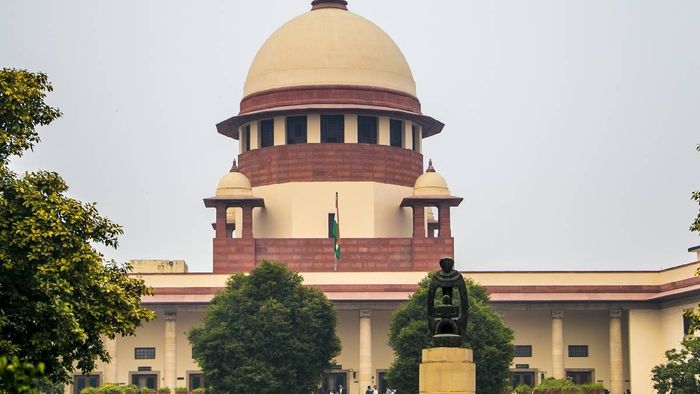Supreme Court rejects SIT probe into electoral bonds scheme
The scheme, introduced in 2018, aimed to enhance transparency in political funding but has faced criticism for its anonymized donation process.

- Aug 02, 2024,
- Updated Aug 02, 2024, 3:18 PM IST
The Supreme Court has dismissed petitions seeking a Special Investigation Team (SIT) probe into the electoral bonds scheme, which was previously declared unconstitutional by the court in February. The scheme, introduced in 2018, aimed to enhance transparency in political funding but has faced criticism for its anonymized donation process.
The petitions, filed by two non-governmental organizations (NGOs), alleged that the scheme facilitated an "apparent quid pro quo" between political parties and corporations, suggesting potential misuse and corruption. The NGOs argued that the scheme enabled financial contributions from shell and loss-making companies to various political parties, as revealed by Election Commission data.
On February 15, the Supreme Court's five-judge constitution bench, led by Chief Justice DY Chandrachud, invalidated the electoral bonds scheme. The court deemed it "unconstitutional," citing its violation of the right to information under Article 19(1)(a). The bench emphasized that transparency in political party funding is crucial for informed electoral choices.
The petitioners had drawn comparisons with previous high-profile cases, such as the 2G and coal scams, which also involved significant financial transactions but were subject to court-monitored investigations. They contended that the electoral bonds scheme exhibited a similar financial trail warranting an SIT probe.